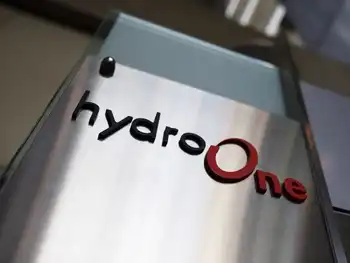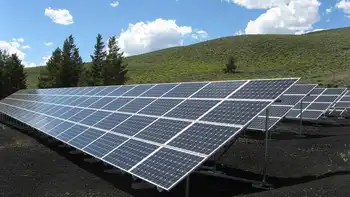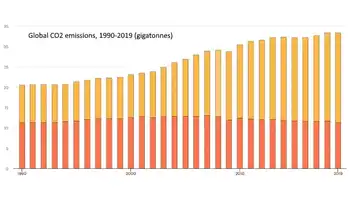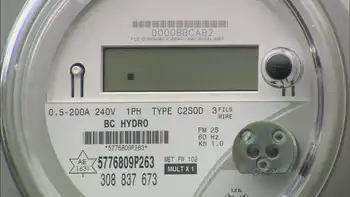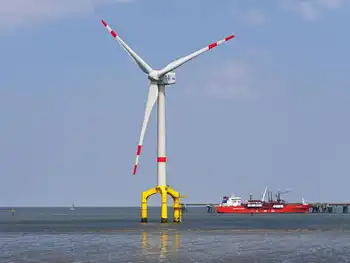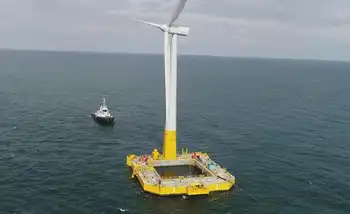Berlin urged to remove barriers to PV
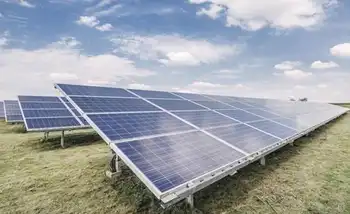
High Voltage Maintenance Training Online
Our customized live online or in‑person group training can be delivered to your staff at your location.

- Live Online
- 12 hours Instructor-led
- Group Training Available
Germany Solar Cap Removal would accelerate photovoltaics, storage, and renewables, replacing coal and nuclear during phaseout with 10GW per year toward 162GW by 2030, boosting grid resilience, O&M jobs, and domestic clean energy growth.
Key Points
A policy change to scrap the 52GW limit, enabling 10GW/year PV and storage to replace coal and nuclear capacity.
✅ Scrap 52GW cap to prevent post-2020 market slump
✅ Add 10GW PV annually; scale residential, commercial, grid storage
✅ Create jobs in planning, installation, and O&M through 2030
The German Solar Association (BSW) has called on the government to remove barriers to the development of new solar power capacity in Germany and storage capacity needed to replace coal and nuclear generation that is being phased out.
A 52GW cap should be scrapped, otherwise there is a risk that a market slump will occur in the solar industry after 2020, BSW said, especially as U.S. solar expansion plans signal accelerating global demand.
BSW managing director Carsten Körnig said: “Time is running out, and further delays are irresponsible. The 52GW mark will already be reached within a few months.”
A new report from BSW, in cooperation with Bonn-based marketing and social research company EuPD Research and The smarter E Europe initiative, said 10GW a year is needed as well as an increase in battery storage capacity.
This would lead to cumulative photovoltaic capacity of 162GW and 15GW residential, commercial and grid storage systems by 2030, in line with global renewable records being set, leading to new job opportunities.
The number of jobs in the domestic photovoltaic and storage industries could increase to 78,000 by the end of the next decade from today’s level of 26,400, aligning with forecasts of wind and solar reaching 50% by mid-century, said 'The Energy Transition in the Context of the Nuclear and Coal Phaseout – Perspectives in the Electricity Market to 2040' study.
Job growth would take place for the most part in the fields of planning, installation and operations and maintenance of PV systems, as solar uptake in Poland increases, the report said.
In maintenance alone, employment would increase from 9,200 to 26,000, with additional opened up by tapping into the market potential of medium- to long-term storage systems, alongside changing electricity prices in Northern Europe that favor flexibility, it said.
The report added that industry revenue could grow from €5bn to €12.5bn in the coming decade.
The report was supported by BayWa Re E3/DC, Fronius, Goldbeck Solar, IBC Solar, Panasonic, Sharp, Siemens, Sonnen, Suntech, Tesvolt and Varta.





